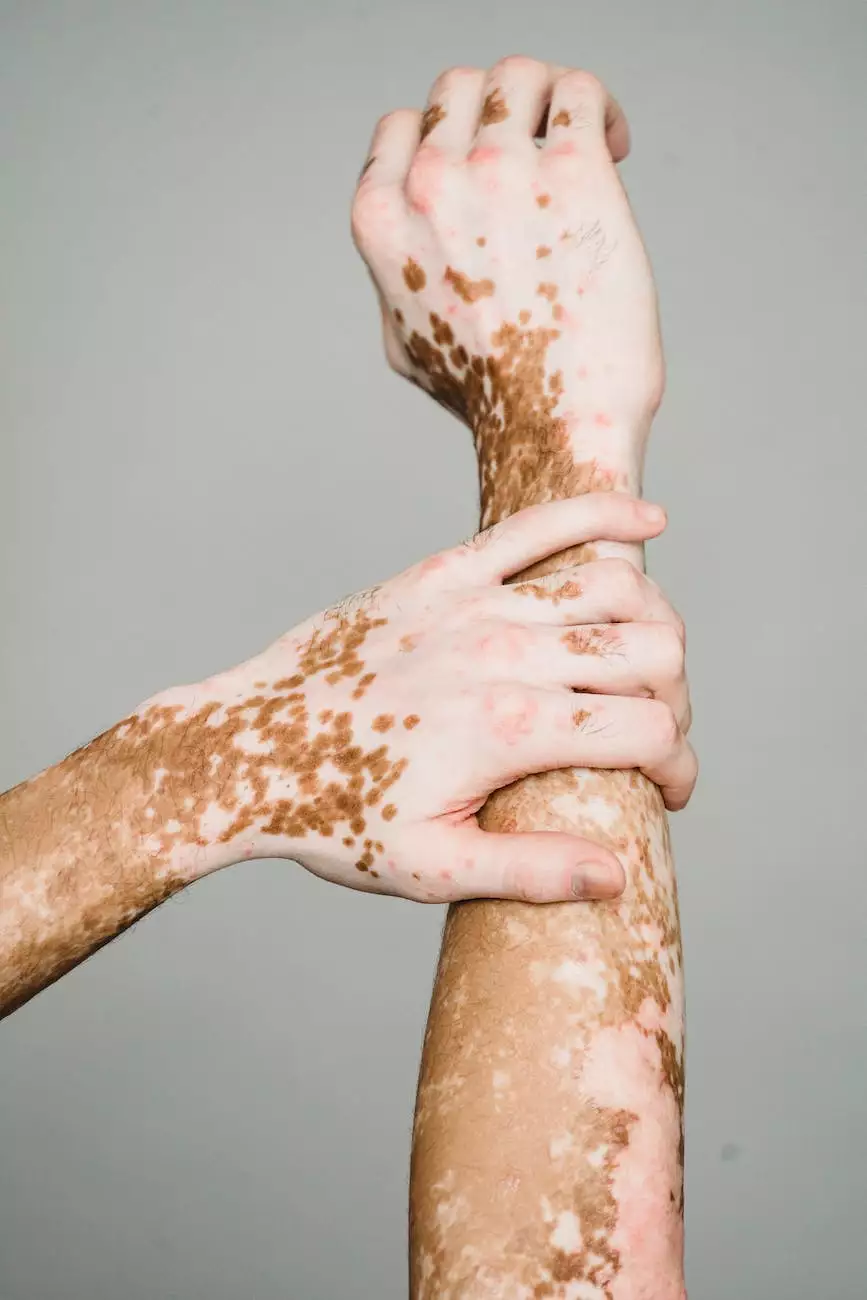Hypoactive Sexual Desire Disorder: HSDD Symptoms of
Injuries
Understanding Hypoactive Sexual Desire Disorder (HSDD)
Hypoactive Sexual Desire Disorder (HSDD) is a condition characterized by a persistent and recurrent lack of sexual desire, leading to distress and difficulties in intimate relationships. It affects both men and women, although it is more commonly reported in women.
Identifying Symptoms of HSDD
Recognizing the symptoms of HSDD is crucial in understanding the condition and seeking appropriate treatment. Some common symptoms include:
- Decreased interest in sexual activity: Individuals with HSDD may experience a significant decrease in their desire for sexual intimacy.
- Lack of sexual thoughts or fantasies: People with HSDD often have a minimal or complete absence of sexual thoughts or fantasies.
- Limited sexual initiation or responsiveness: HSDD can manifest as a reduced desire to initiate sexual activity or a decreased response to sexual stimulation.
- Distress and relationship difficulties: HSDD can cause emotional distress and may lead to relationship problems due to the lack of sexual desire.
Causes and Risk Factors
The causes of HSDD can vary and may be influenced by multiple factors, including:
- Hormonal imbalances: Fluctuations in hormone levels, particularly estrogen and testosterone, can contribute to the development of HSDD.
- Psychological factors: Mental health conditions such as depression, anxiety, and stress can impact sexual desire and contribute to HSDD.
- Relationship issues: Difficulties within a romantic partnership, such as lack of communication or unresolved conflicts, can affect sexual desire.
- Medical conditions and medications: Certain medical conditions, such as diabetes or chronic pain, as well as certain medications, including antidepressants and hormonal contraceptives, can contribute to low libido and HSDD.
Treatment Options for HSDD
Managing HSDD involves a multidisciplinary approach, which may include:
- Medication: Certain medications, such as flibanserin and bremelanotide, may be prescribed to help address HSDD by increasing sexual desire.
- Therapy: Cognitive-behavioral therapy (CBT) or sex therapy can be beneficial in addressing the underlying psychological factors contributing to HSDD.
- Lifestyle modifications: Adopting a healthy lifestyle, including regular exercise, stress management techniques, and improving overall relationship dynamics, can positively impact HSDD symptoms.
- Communication and education: Openly discussing concerns with a healthcare professional or a qualified therapist can provide valuable guidance and support in managing HSDD.
Seeking Support for HSDD
If you or someone you know is experiencing symptoms of HSDD, it is essential to consult with a healthcare professional specializing in sexual health. They can provide an accurate diagnosis and recommend appropriate treatment options based on individual needs.
About Pain Cream Advisors
Pain Cream Advisors is a trusted resource in the Health industry, providing comprehensive information and guidance on various health conditions. Our mission is to empower individuals with knowledge and to promote overall well-being. Through our expert team of advisors, we aim to deliver accurate and reliable information to help you make informed decisions about your health.
Disclaimer: The information provided on this page is for educational purposes only and should not be considered medical advice. Always consult with a qualified healthcare professional for an accurate diagnosis and personalized treatment plan.



